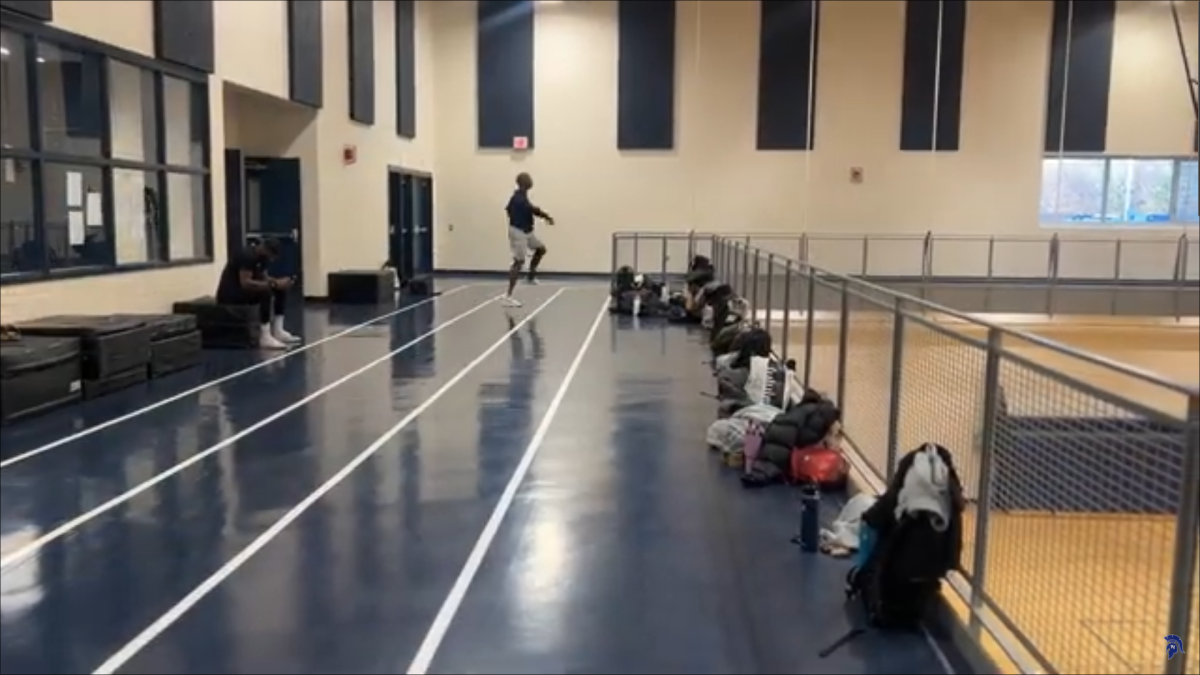
The amount of high school students that hold a job have plummeted over the past forty years, marking a record low in 2008 while slowly recovering over the past 10 years.
After a census poll taken in 2023, the amount of students with a job has gone from around 53%, to as low as 29%. With a 24% difference in employment, what factors could drive such a sharp decrease?
The most common answer to this question is the 2008 recession which caused hundreds of thousands of unemployed people across the country, or even the 2020 global pandemic which left most schools struggling.
While these could provide an explanation for the dips and decreases around these times, it doesn’t explain why it continues to decline even today, with more employment opportunities than ever.
Answers could be found in the personal situations of students, and what expectations they have towards their responsibilities and families. “I have car payments, gas, insurance, and without a job I probably wouldn’t have a car or the ability to meet some of my basic personal needs” puts Junior Sean Murphy on the issue of his personal responsibilities.
Some students are expected to pay for their own activities and things like car payments, but with nearly 60% of upperclassmen having a vehicle, this may not exactly be the answer.
This brings the focus to academic goals and the importance of that over having a job, as some students might not even bother with a job if they really view education as their number one priority. “In the future education is going to be beneficial in the long run because I will have a more diverse skill set and ability to get a high paying job, meaning education is more about the distant future and having a job is more about the nearer future.” boldly put by aspiring PV student Tejas on the short vs long term benefits of a job.
Could it be that more students decide to take a priority on the long term benefits of education, working hard on their academics now so they may have a very high paying job in the distant future.
But there are always still students that are forced into the working environment early on, as some families simply cannot afford to give their child a full ride into college. “My college isn’t going to pay for itself, my parents said they would try and help when they could but financially I am on my own.” is the rough truth said by Murphy on his future education.
The answer to the recent decline in jobs boils down to what the student and the student’s family are more focused on, seeing more a shift towards supportive parents that want their kid to have a college education and succeed in the future.








